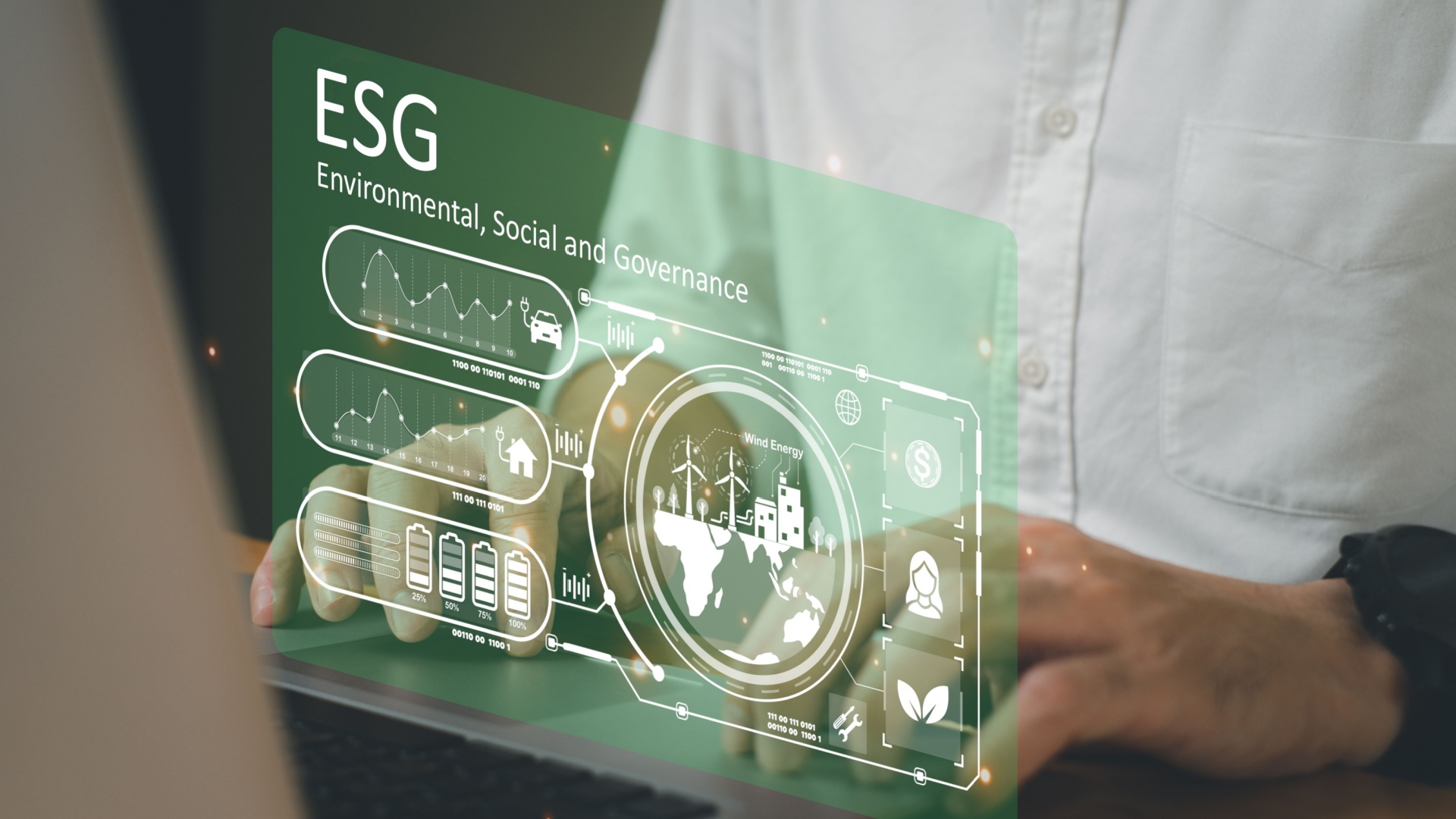
In recent years, properly measuring and communicating one's ESG performance has become a competitive lever for companies. However, while the adoption of sustainability-related practices is becoming more common among companies, measurement and governance issues still pose major challenges for many organizations, especially SMEs.
For this reason, more and more companies are opting for ESG solutions to manage and report on corporate sustainability actions and performances. The choice of solution is crucial, as there is no value in measuring and reporting on ESG-related aspects if it is not done based on reliable data that refer to recognized and shared standards.
Sustainability management, the big challenges: identify and track many different, yet crucial, KPIs
ESG criteria provide organizations strategic information to adopt ESG solutions. In fact, ESG data and reporting allow to classify a company not only based on financial results, but also onmany non-financial factors that are equally important to assess the sustainability of the business model over time However, several levels of complexity are embedded in this analysis. A first complexity is related precisely to the diverse nature of the parameters to be monitored (Environmental, Social andGgovernance criteria).
Another level of complexity, associated with this analysis, concerns the availability and quality of data, which must be accurate, up-to-date and consistent with internationally regulatory framework.
ESG solutions, the importance of adopting shared standards
These challenges are pushing more and more companies to turn to ESG solutions, a digital platform that help companies to realize an assessment of their performance on ESG criteria.
However, when choosing these solutions as well, there are several considerations to be made. First, it is necessary to rely on solutions that can guarantee high data availability and reliability, to be compliant with internationally recognized standards, such as:
- United Nation’s 2030 Agenda, with its 17 Sustainable Development Goals (SDGs);
- UN Global Compact;
- EU Taxonomy;
- GRI Standards.
This standardized approach, while important, must be combined with one that is more focused on the specific company. It is in fact necessary to consider both the characteristics of the industry in which the company operates and the regulatory obligations of the country where the company is located.
Beyond the technology: how to choose the right partner for an ESG solution
Choosing an ESG solution based on these standards is undoubtedly an excellent starting point for improving the management of one's sustainability actions. However, the factors most strictly related to technology are not the only ones to take into consideration when choosing the right technological partner.
Analyzing an organization's ESG performance is indeed a complex path that, especially for SMEs, can often be a major challenge. However, this is a path that is becoming increasingly important, even for smaller entities. In fact, with the approval of the Corporate Sustainability Reporting Directive (CSRD), the pool of companies that are required to publish a sustainability report has been expanded to include not only large companies (public and private), but also SMEs listed on the stock exchange of an EU Member State.
Even for non-public SMEs, it may also be necessary to obtain a certificate of their ESG performance both to access projects and funding opportunities and to be included in the supply chain of organizations that must ensure excellent sustainability performance of their suppliers as well.
For these companies, therefore, it becomes even more important to rely on partners that not only provide innovative solutions, but also are able to assist them on the path to ESG reporting and verification of corporate performance.



